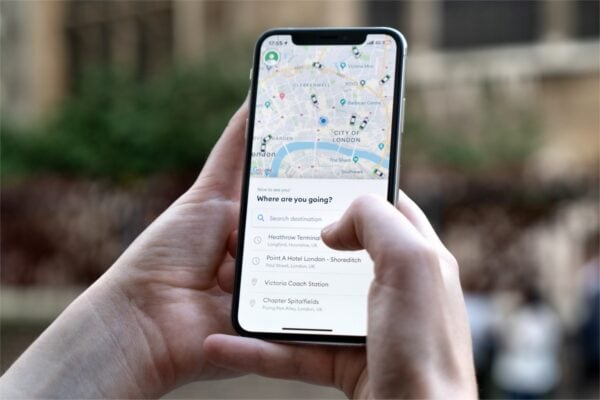High court rules in favour of Uber in Sefton case, making operators liable to charge VAT

A private hire customer’s contract is with the operator, not the driver, a court has ruled in the long-running Sefton Council dispute between Uber, the ACDU union and a number of local operators.
The ruling supports an earlier decision relating to London, and could have far-reaching implications for the private hire industry. In particular, it means that operators will have to charge VAT on fares, which could see a 20% rise in cab fares.
The ACDU and Uber, supported by ride-hailing rival Bolt, had sought a ruling from the court as to whether the contract was with the operator rather than the driver. This was opposed by major local operator Delta Cars and the UK’s largest traditional private hire operator Veezu, which argued that the contract was with the self-employed driver, with the operator merely acting as a facilitator.
Mrs Justice Foster DBE rejected these objections and ruled in favour of ACDU and Uber, arguing that the contract being with the operator was in the interests of public safety.
She dismissed the operators’ arguments that it would lead to fare rises, stating: “The VAT consequences for those who will wish to change their operating model are
in my judgement irrelevant.”
She added: “Nor indeed… is it wholly impossible that any consequent change by way of increase to fares because of an element of taxation would necessarily be passed on to the customer.”
Private hire operators will now have to redraw their operating models so that the operator is providing the taxi service as the principal not as an agent), which would make them responsible for VAT.
Previously private hire operators have been able to avoid charging VAT by insisting that the contract is with the driver. As the drivers do not earn more than the VAT threshold of £85,000, VAT does not have to be charged. That will now have to change as operators are generally over the £85,000 limit.
The Sefton ruling was strongly influenced by the outcome of a court case that the ACDU brought against Uber in London, which also ruled that the customer’s contract was with the operator. Uber has since fallen in line, reclassifying its drivers as “workers” and offering them benefits such as holiday and sick pay, and access to a pension scheme.
Uber had managed to sidestep VAT by operating through a Netherlands-registered holding company, Uber BV, but since the December 2021 London ruling it has been charging 20% VAT on fares.
The Sefton High Court case has been subject to delays, having started hearing submissions at the end of 2022.
An Uber spokesperson said: “Today’s judgement resolves a major inconsistency in the way that rules have been applied for private hire operators across England and Wales. But while it clarifies many key points, there remain questions on VAT and what passengers should pay.” Uber last year made provision of £615 million to cover VAT payments.
The Government is monitoring the situation, and in a response to a parliamentary question, minister Lucy Frazer confirmed last week that HMRC is examining the Sefton ruling.
Layla Barke-Jones, a lawyer representing Delta Taxis, said she was disappointed with the outcome: “Without a doubt, the case has the potential to cause significantly increased costs that will hit passengers everywhere at the time of a cost of living crisis.”
She added: “Delta had hoped to protect passengers from such an impact, and will now call on Government to make private hire taxi journeys zero-rated for tax purposes, in line with other forms of transport like buses and trains, to prevent this impact on some of the most vulnerable in society for whom private hire taxis can be the only form of transport available to them.”
She concluded: “We are disappointed at the outcome and are taking time to consider and reflect upon the judgement. We respect the judge’s findings but are considering the impact with our client including whether to appeal.”




